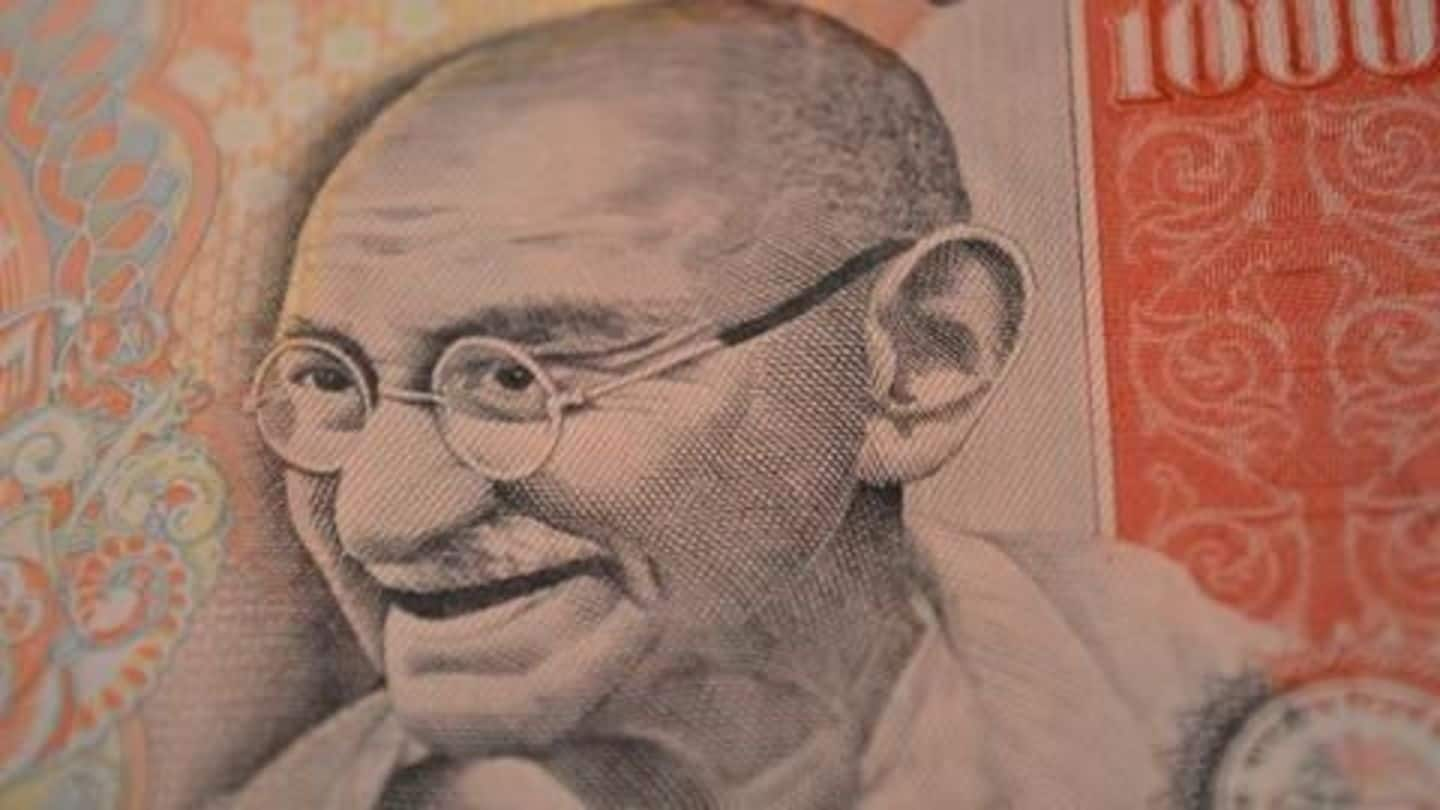
Notes Bill introduced in Lok Sabha
What's the story
To give legal permanence to the ordinance that led to nation-wide demonetization of high value bank notes, Finance Minister Arun Jaitley introduced the Notes Bill in the Lok Sabha today.
It is mandatory that the ordinance, called Specified Bank Notes (Cessation of Liabilities) Ordinance, be replaced by a bill within forty-two days of the commencement of the session.
Details
What happens if the Bill is approved?
If the Bill is approved in the Lok Sabha, using old Rs 500 and Rs 1000 notes for any transaction will become a criminal offence.
Any person found circulating the old high-value bank notes will be fined Rs 10000, or five times the cash held.
The ordinance will lapse if the Bill is not passed within 42 days of the beginning of the session.
Do you know?
Money bill - advantage to the ruling BJP
The Notes Bill is a Money Bill. It means that the government is obliged to introduce it only in the Lok Sabha, where the ruling BJP enjoys absolute majority, before it becomes a law. The Rajya Sabha can only make suggestions.
Opposition
Opposing reactions
Opposition parties have claimed that the Narendra Modi-led government introduced the Bill as a Money Bill to bypass the Rajya Sabha, where these parties have elected members.
Former Union minister Kapil Sibal said the government should allow the Bill to be discussed in the Rajya Sabha and voted upon.
The government is clear about treating this Bill as a Money Bill.